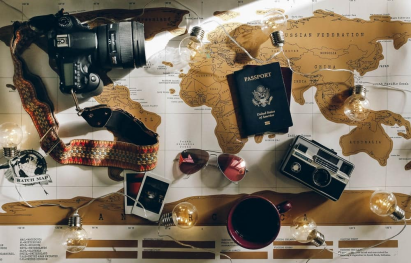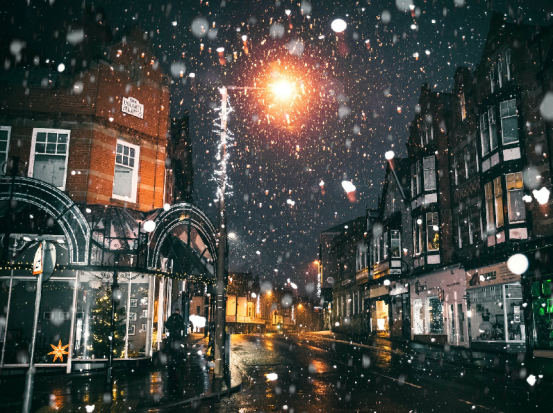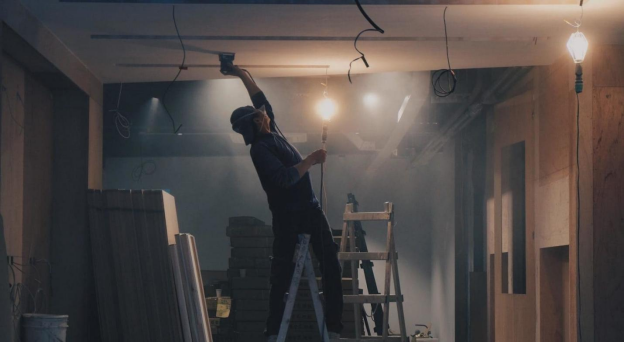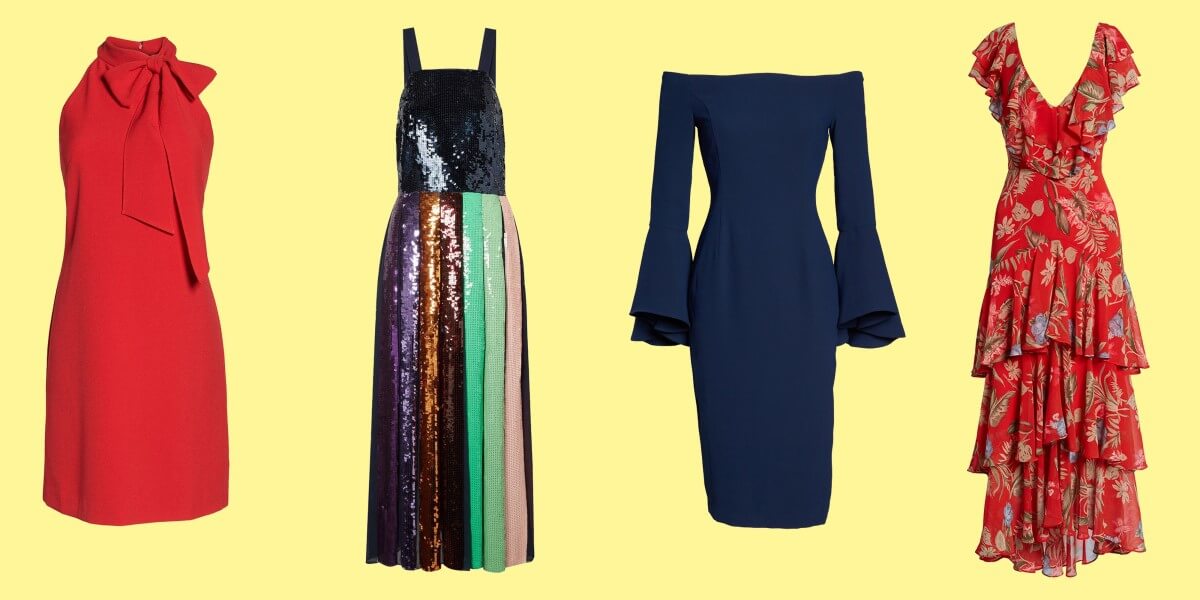The brand's CEO, Axel Dumas, explains what makes it so unique.
Axel Dumas, the CEO of Hermès, the family luxury empire founded in France in 1837, is in London discussing which of Shakespeare's works he considers most relevant. With this event he intends to promote the long relationship that the brand has with the United Kingdom, its main market in Europe after France.
The choice of Shakespeare is a demonstration of Dumas's enthusiasm for the playwright. "I love Macbeth," he says of his favorite play. "We currently live in a complex time, but we are less and less able to deal with it and everyone thinks that they can solve problems in their own way. However, I am not at all dogmatic. The main value that I try to maintain in the company is freedom: freedom of expression, thought and creation".
While some of Hermès' history might have been worthy of one of Shakespeare's lurid dramas, notably the 2014 court battle in which the group fended off a hostile takeover by LVMH, the current atmosphere resembles one of the bucolic pastorals of Shakespeare. This is quite appropriate for a CEO who compares his role to that of a gardener: "You have to plant the seeds for tomorrow's tree and take care of the roses every morning."
Dumas can afford to talk like that. Hermès' consolidated revenue in 2018 amounted to 5.9 billion euros, 10% more than in the previous year, and its net profit increased by 15% to 1.405 million euros. Hermès had a strong presence around the world, with sales growth of 14% in Asia (excluding Japan) and 12% in the US.
Hermès tries to maintain freedom of expression, thought and creation as its main value.
The Hermès garden continues to grow. And it could be said that it is as fruitful precisely because of Dumas's idiosyncratic ideas, as his predecessors did. For example, Hermès has never had a marketing department. "We almost never launch a product. We create new things, get creative and then see what survives," says Dumas. The group markets fifteen types of products, including prêt-à-porter clothing, perfumes, jewellery, silk products and leather goods.
Dumas grants the same freedom to store managers: each one chooses what he wants to sell without taking into account the minimum orders: "The buyer has all the power." This sounds crazy, but it's what works.
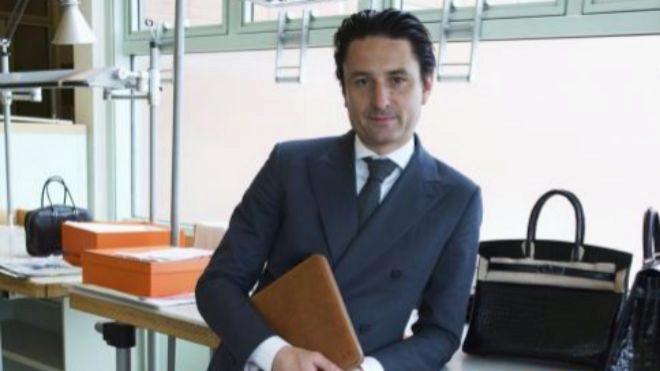
A3: Build relationships. Take the time to sit down and make sure the student understands how to set goals and the p… https://t.co/uNsJtxlpgK
— Dorothy Jane Varela Mon Feb 22 01:35:03 +0000 2021
Dumas was named CEO in 2014 after a stint in banking. From his beginnings at Hermès he remembers the following: "The first thing the finance department told me was that orders for leather bags of less than ten units had to be cancelled. I asked what percentage they represented of the total and they told me that 15% "So of course I told them I wasn't going to give up 15% of the business. Sometimes there are only 10 bags of the same style spread across our 310 stores. A lot of people never see them, but I love that idea. It's true." that in terms of supply chain and organization of production it is less efficient, but the system works in other ways: it makes our company diverse and our products are adjusted to the tastes of each country". That is why Hermès is in fashion.
Regarding its position in Asia, Dumas points out that "our sales didn't go down during the slowdown in 2015 because we had a very different clientele from the other brands, and maybe that's why we were the only ones that grew. And in 2016 and 2017 we went back to grow up." But things have changed since 2009, when the Asian market exploded. "It's much more polarized. There are still some very good macroeconomic trends in China, but to be successful you have to have your own micro strategy: good products, that customers like and that are loyal to your brand."
Hermès is also a leader in sustainability and respect for the environment. "We have the utmost respect for the natural material we use and work in a sustainable environment for nature. Also, our bags are made by hand and it takes sixteen hours to make one, which means we use very little energy. We don't produce much and many people in the company repair products.
Respect for artisans continues to be the hallmark of the company
Hermès is the perfect example that we should buy less but buy better. But quality materials are getting harder and harder to come by. "Leather is not as good as it used to be," says Dumas. "Ten years ago my biggest concern was the shortage of skilled craftsmen. Today my biggest concern is the quality of the material and where we should invest."
Dumas also points out that most other luxury brands produce at "maximum" 25% of their products themselves, while 75% of Hermès' products come from their own factories. "We make them in France or wherever there is more cultural history and more knowledge to do it," says the manager.
"Respect for craftsmen" remains the foundation of the company and is what makes it so authentic. "For me, the first Hermès employee is the artisan, the second is the salesperson, and then there are people like me who work in the office. My idea is that Hermès remains a craft store. That is what we are, the smallest of the luxury companies and the largest craft shop in the world. And I believe that this association between craftsmen, creativity and our level of demand for quality is what makes the company unique. We are like The Last of the Mohicans , but I hope our story has a happier ending," Dumas concludes.

